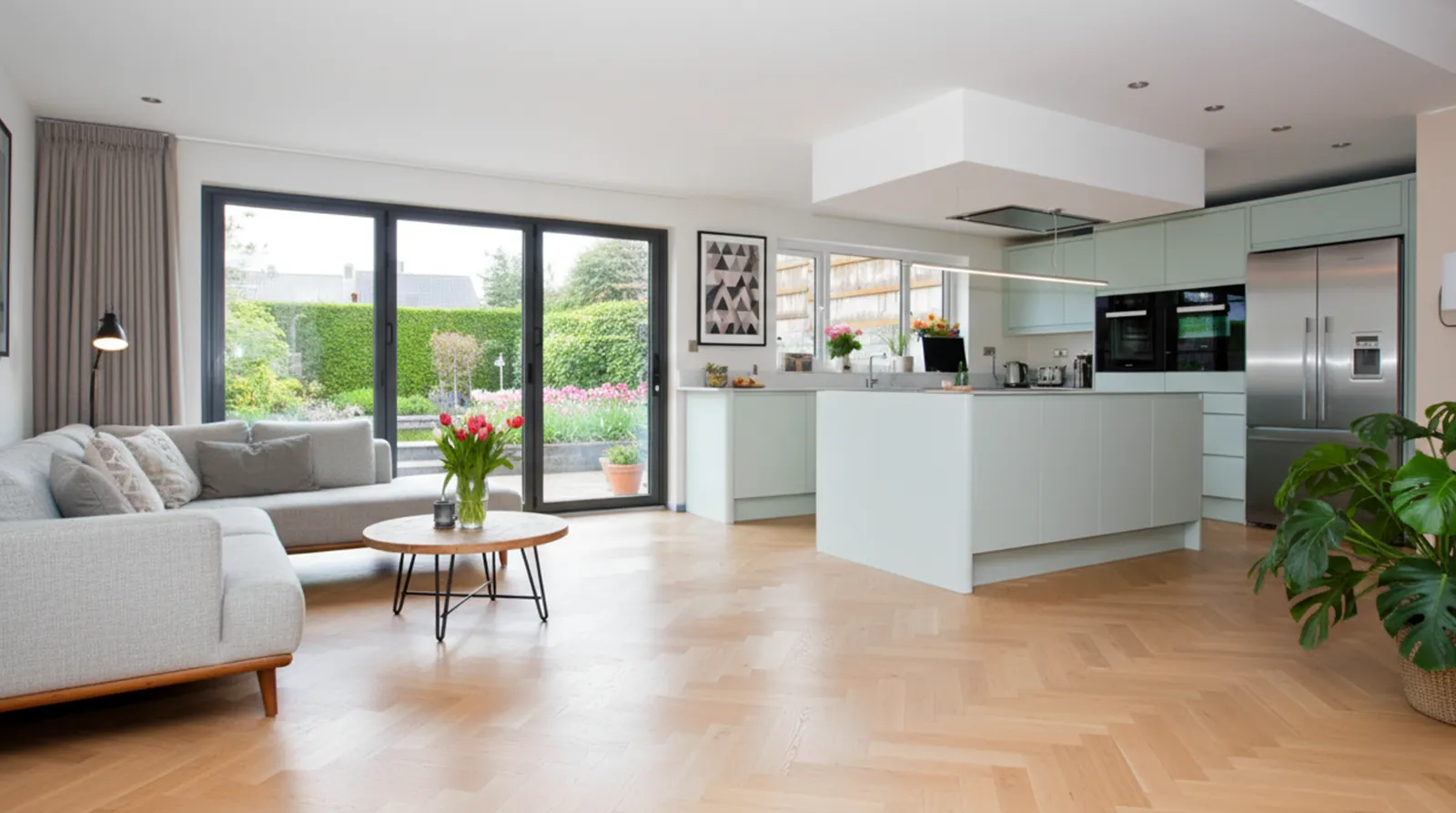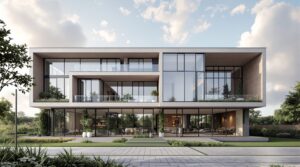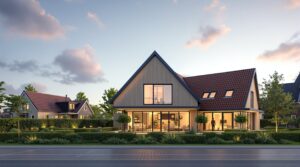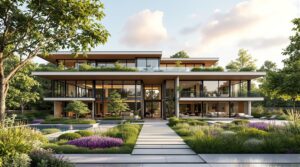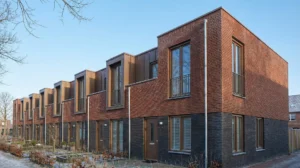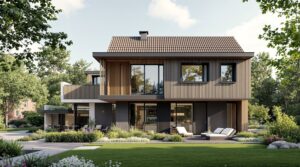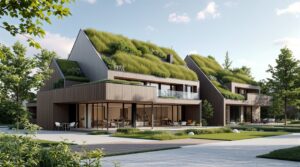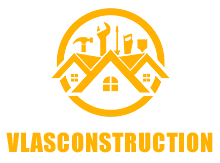Transform Your Home: A Guide to Energy-Efficient Renovations in the Netherlands
As a homeowner in the Netherlands, you are likely aware of the importance of energy efficiency in reducing your carbon footprint and saving on energy costs. Energy-efficient renovations can not only improve the comfort and value of your home but also contribute to a more sustainable future. In this article, we will provide a comprehensive guide to energy-efficient renovations in the Netherlands, covering the basics, benefits, and best practices for a sustainable home design.
Basic Concepts: Understanding Energy Efficiency in Home Renovations
Before embarking on an energy-efficient renovation project, it is essential to understand the key concepts and terms involved. Energy efficiency refers to the use of technology and design strategies to reduce the amount of energy required to power your home. This can be achieved through various means, including insulation, double glazing, and the use of renewable energy sources. In the Netherlands, homeowners can benefit from various government incentives and subsidies to support energy-efficient renovations.
Some key terms to familiarize yourself with include:
- Energy performance coefficient (EPC): a measure of a building’s energy efficiency
- Insulation: materials used to reduce heat loss and gain
- Double glazing: the use of two panes of glass to reduce heat transfer
- Renewable energy sources: energy generated from natural resources, such as solar and wind power
Benefits of Energy-Efficient Renovations
Energy-efficient renovations offer numerous benefits for homeowners in the Netherlands, including:
- Reduced energy costs: energy-efficient designs and technologies can significantly lower your energy bills
- Increased comfort: a well-insulated and designed home can maintain a comfortable temperature, reducing the need for heating and cooling
- Environmental benefits: by reducing energy consumption, you can lower your carbon footprint and contribute to a more sustainable future
- Increased property value: energy-efficient homes are becoming increasingly desirable, making them a valuable investment
Energy-Efficient Design Strategies
To achieve an energy-efficient home design, consider the following strategies:
Firstly, insulation is crucial in reducing heat loss and gain. This can be achieved through the use of materials such as fiberglass, cellulose, or spray foam insulation. Additionally, double glazing can significantly reduce heat transfer, keeping your home warm in the winter and cool in the summer.
Secondly, renewable energy sources such as solar panels or wind turbines can provide a clean and sustainable source of energy. In the Netherlands, homeowners can benefit from government subsidies to support the installation of renewable energy systems.
Thirdly, energy-efficient appliances and lighting can significantly reduce energy consumption. Look for appliances with the EU energy label, which rates products based on their energy efficiency.
Practical Tips for Energy-Efficient Renovations
To ensure a successful energy-efficient renovation project, follow these practical tips:
- Hire a professional contractor or architect with experience in energy-efficient design
- Conduct an energy audit to identify areas of energy inefficiency in your home
- Set clear goals and priorities for your renovation project
- Research and explore available government incentives and subsidies
Case Studies: Successful Energy-Efficient Renovations in the Netherlands
Several case studies in the Netherlands have demonstrated the success of energy-efficient renovations. For example, a renovation project in Amsterdam achieved a 50% reduction in energy consumption through the installation of solar panels and double glazing. Another project in Utrecht achieved a 30% reduction in energy consumption through the use of insulation and energy-efficient appliances.
These case studies demonstrate the potential for energy-efficient renovations to significantly reduce energy consumption and contribute to a more sustainable future.
Conclusion: Transforming Your Home with Energy-Efficient Renovations
In conclusion, energy-efficient renovations offer a range of benefits for homeowners in the Netherlands, from reduced energy costs to increased comfort and environmental benefits. By understanding the key concepts and design strategies, and following practical tips and best practices, you can transform your home into a sustainable and energy-efficient living space. Remember to research and explore available government incentives and subsidies, and hire a professional contractor or architect to ensure a successful renovation project.
Start your energy-efficient renovation journey today and contribute to a more sustainable future for the Netherlands.

